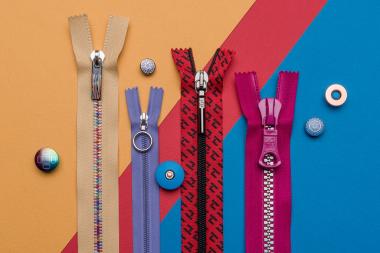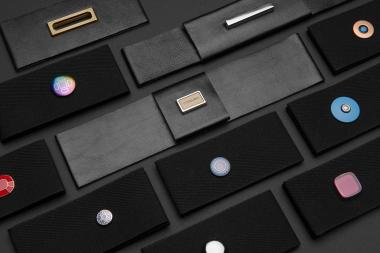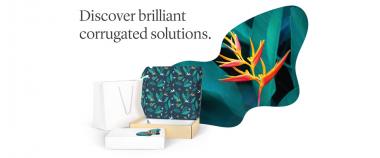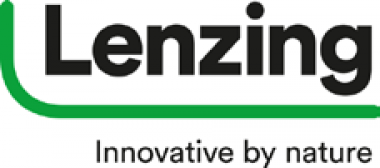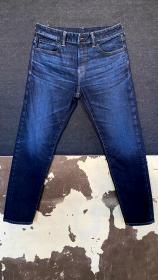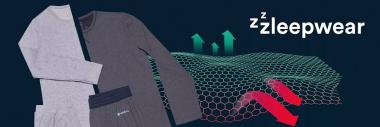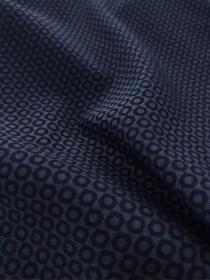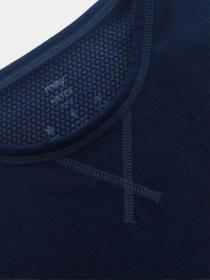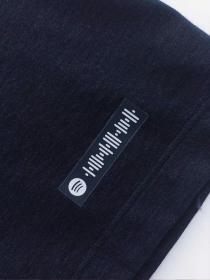Huntsman Textile Effects at Performance Days Digital Fair Week
- Huntsman Textile Effects presents range of high-performance solutions for performance apparel
Huntsman Textile Effects, global leader in innovative solutions and environmentally sustainable products, will highlight its extensive end-to-end suite of protection effects and high-performance solutions for performance apparel at the Performance Days Digital Fair Week this May. Huntsman will also deliver a presentation on sustainability, showcasing the top megatrends impacting the textile industry.
With increasing adoption of active lifestyles and outdoor activities, consumers are demanding high-performance, yet comfortable and sustainably-produced sportswear. Consumers are looking for brands that incorporate sustainable processes and principles in their operations.
“The upward trend in the performance apparel segment is spurred on by the demands and evolving needs of consumers; sustainability also remains the top of mind amongst these consumers. At Huntsman, we are delighted to be able showcase our suite of solutions that are high-performing and sustainable, so that mills and brands are better able to meet the fast-changing market needs,” said Dhirendra Gautam, Senior Director – Global Market Strategy and Innovation, Huntsman Textile Effects.
Huntsman’s featured solutions:
- Complete end-to-end systems for protection effects, from pre-treatment to coloration and finishing
- Revolutionary antimicrobial and odor-control solutions from Sciessent - The Agion®, Lava X2® and Active X2® products will be featured at the upcoming show
- HIGH IQ® intelligent effects is a set of brand assurance programs that support accelerated evaporation, water and stain repellence, lasting color and cool comfort, ensuring garments dry quickly for long-lasting comfort
Performance Days Digital Fair Week will take place digitally from May 17-21, 2021. Huntsman will also deliver a presentation on May 18, 2021, at 2 p.m. (CEST) at the Expert Talk session. Titled “Sustainability & Textiles: Being the Change That We Want to See”, the presentation will showcase the megatrends that will define the next five years, and the textile and apparel industries’ quest for more sustainable design, product development, production methods and garment care.
Huntsman Textile Effects









